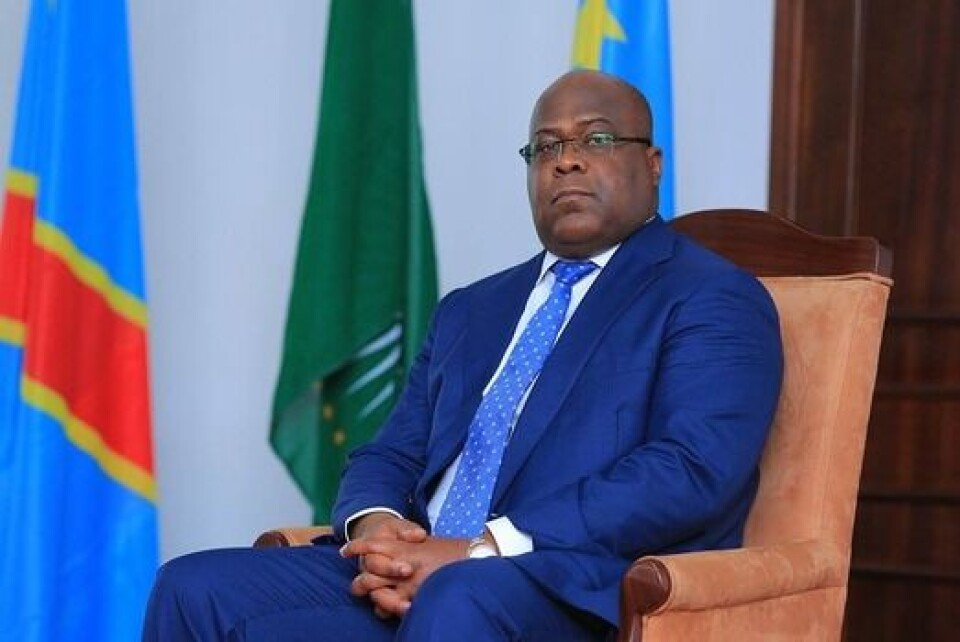Last week a group of lawyers in black togas marched through the streets of Goma in eastern DRC to the North Kivu governor’s office to denounce the first president of the North Kivu Court of Appeal for what they say is the monetisation of justice.
In a memorandum submitted to the governor, the lawyers say Judge Nicolas Twendimbadi orchestrates judicial clientelism, the commercialisation of judicial decisions, mediocrity in judicial decisions and corruption in the judiciary.
“Since the arrival of Mr. Twendimbadi, justice is now monetised. Whether it is the complaints, whether it is the opinions of magistrates, all acts of justice are monetised. We say that we are living in a blatant judicial insecurity,” explained Maitre Paulette Dibanja, a lawyer and demonstrator. Judge Twendimbadi rejects the allegations.
The lawyers of North Kivu say they are innocent of the accusations of corruption that are regularly made against them by the population, and that the corruption happens at the level of the judiciary.
After reaching the governor’s office, the lawyers continued their march to the office of the Court of Appeal to confront Judge Twendimbadi. In front of the press and over the shouts of the lawyers who booed him, Judge Twendimbadi responded: “Let them give the evidence!” He does not accept the allegations that the lawyers have made against him.
The first president of the Court of Cassation, David Christophe Mukendi Musanga, was present at the Court of Appeal in Goma at the time, and received the demonstrators. He was in the region to supervise the recruitment of new magistrates. “We, the lawyers of North Kivu, demand the departure of the president of the Court of Appeal of North Kivu, especially as he does not meet with our approval in relation to the distribution of justice,” said Maitre Jean-Claude Kafarira, after the hearing.
During the 72nd meeting of the Council of Ministers in Kinshasa on 7 October, President of the DRC, Felix Tshisekedi, also voiced concerns that the judiciary is not performing as it should, that the judges are not fair in their decisions in the courts and tribunals, and that corruption is rife.
There’s widespread disappointment in the DRC regarding the dysfunction of the judicial system which benefits popular justice and crime. This has numerous knock-on effects, and in Goma, the capital of North Kivu, which faces widespread insecurity, one case of mob justice is recorded almost every week. Civil society attributes this to the inability of the justice system to punish criminals and restore the rule of law.
To join Africa Legal's mailing list please click here

